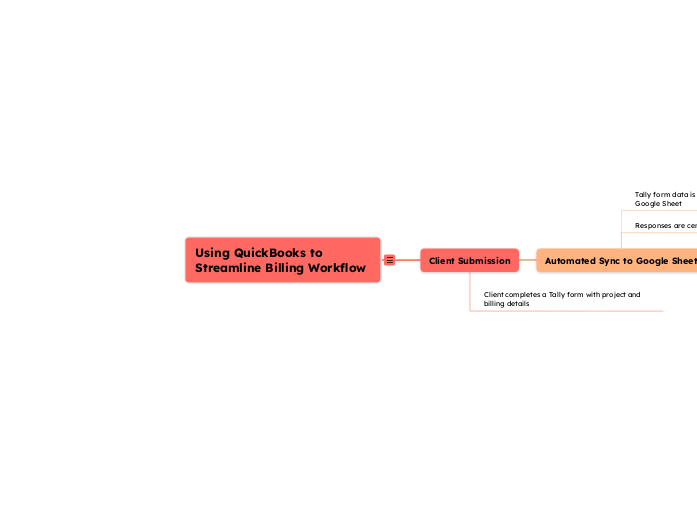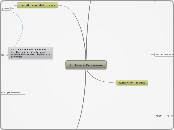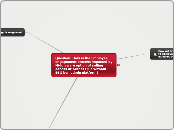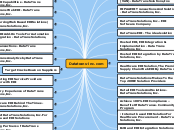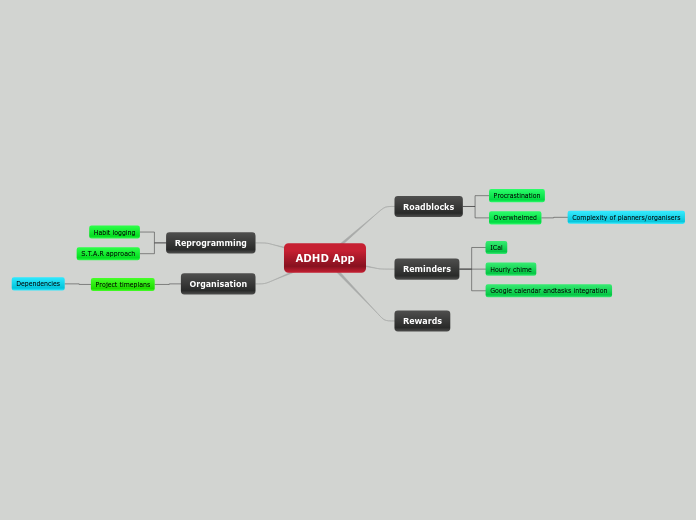da Amin Hakim mancano 5 mesi
41
Using QuickBooks to Streamline Billing Workflow
Utilizing QuickBooks can significantly streamline the billing workflow by integrating various tools and automating processes. Clients begin by submitting project and billing details through a Tally form.
